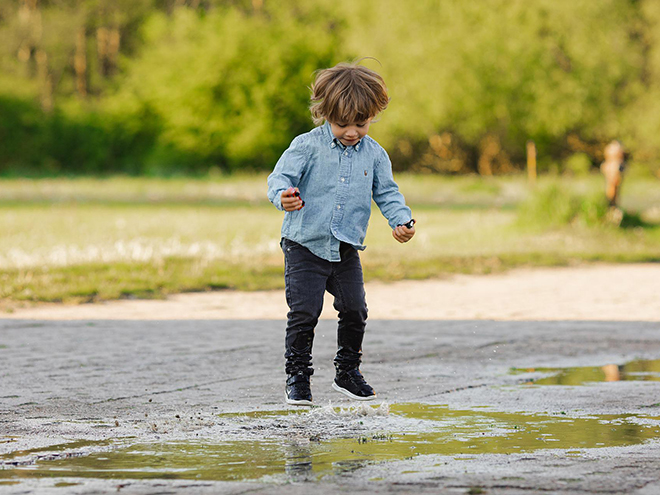Evaluation of the two-year pre-primary education experiment
Date of project : 2021 - 2025
Together with Finland's Ministry of Education and Culture, we designed a randomized experiment to test the impact of preschool education on children's social and academic skills, and well-being.

At the moment, compulsory education in Finland starts at age six with one year of preschool education, and continues with elementary school starting at age seven. Our intervention advances the starting age of mandatory preschool by one year, from age six to five. The treatment group (N » 15,000) attends preschool for two years instead of one, following a curriculum specifically created by the Finnish National Agency for Education for the two-year preschool. The control group (N » 20,000) either continues with the business-as-usual early childhood education at daycare centers, or stays at home.
We evaluate each child three times between the ages of five and seven using standardized tests and teacher evaluations. Our primary outcomes are indices of psycho-social skills, self-esteem, and arithmetic and reading skills. These data are augmented using register-based data on the children and their parents, and online surveys for teachers, parents and civil servants. The broader research project also includes in-depth interviews with children and parents, and text analysis of administrative records.
The project is funded by: Ministry of Education and Culture
Partners: Aalto University, University of Helsinki, University of Turku, University of Jyväskylä
Additional information
- The Ministry of Education and Culture: The two-year pre-primary education experiment More information about the study (in Finnish).
Responsible researcher: Matti Sarvimäki, [email protected], +358 40 304 5515

